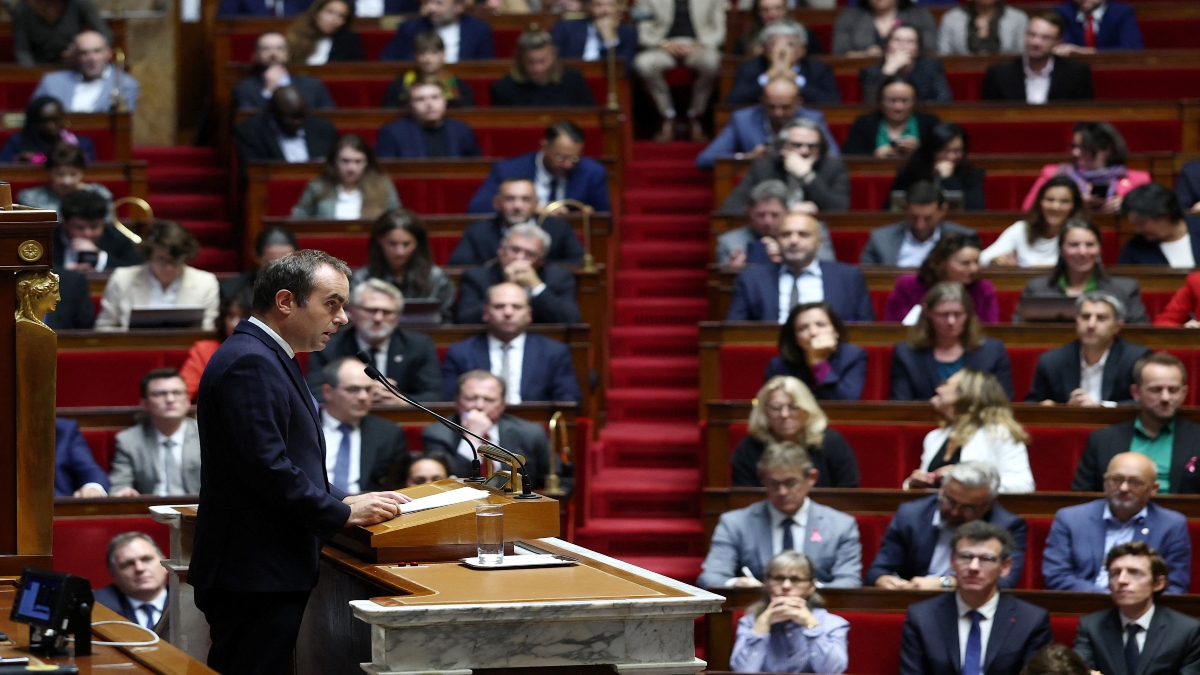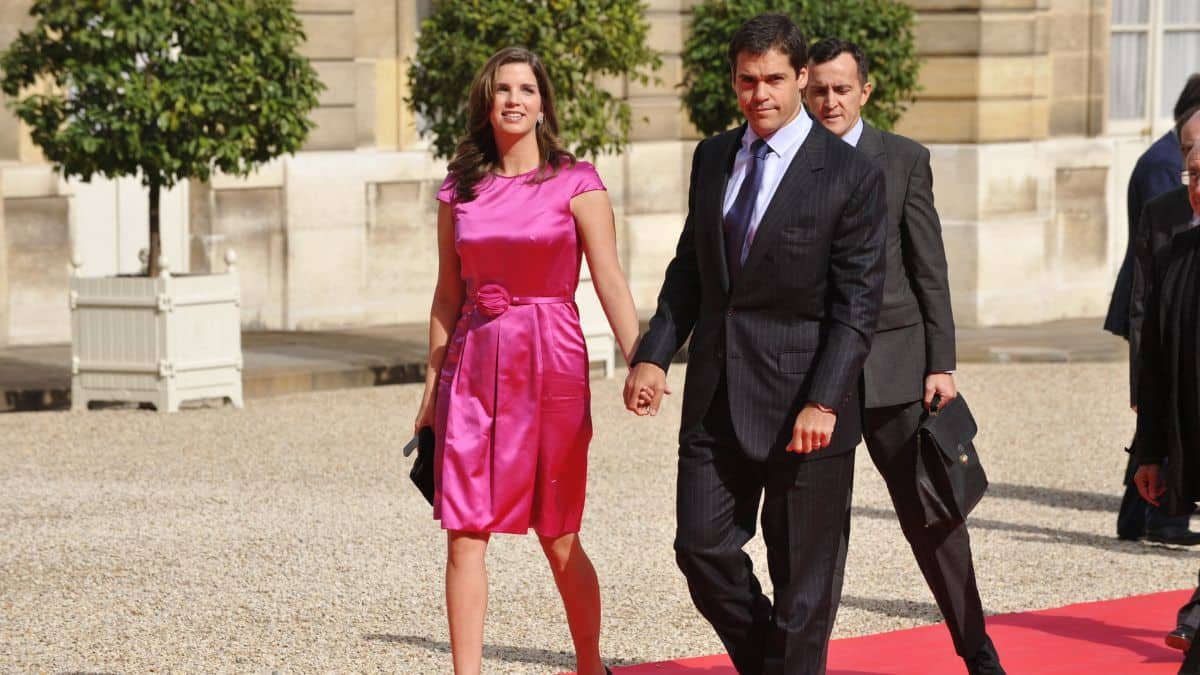French Prime Minister Sébastien Lecornu can breathe a sigh of relief after two no-confidence motions against his government failed to pass in the National Assembly on Thursday.
The successful votes confirm the government’s immediate survival, averting a political crisis that would have forced the resignation of the 39-year-old Prime Minister and his newly formed cabinet.
Lecornu’s government remains in power, but its stability is fragile, secured only after a significant political concession to the opposition.
Also read | As French PMs fail, pretender heir calls for monarchy’s return
Close call in the assembly
The first no-confidence measure, put forward by the far-left political bloc, gathered 271 votes in favour. This total fell short of the critical 289-vote absolute majority required to successfully bring down the government. Soon after, a second no-confidence motion proposed by the far-right was also defeated.
The result, while anticipated, was never a certainty due to the risk of lawmakers from various parties breaking ranks with their leadership to vote against the government.
Lecornu’s minority government continues to operate without an outright majority in the National Assembly, meaning it remains vulnerable to future legislative challenges and political maneuvering by the opposition.
The government's survival was largely attributed to a crucial strategic move: the commitment to suspend an unpopular law that had previously raised the national retirement age.
This reform was considered a flagship achievement of President Emmanuel Macron’s long-term agenda, making its temporary removal a major political sacrifice.
The decision to freeze the law until the next presidential election in 2027 was a significant olive branch aimed squarely at the moderate opposition, particularly the Socialist Party. This concession effectively thrust the Socialists into a “kingmaker” role, giving them substantial leverage over the government’s legislative efforts and easing the immediate political pressure on Lecornu’s administration.
Impact Shorts
More ShortsPolitical volatility and the budget test
The successful vote prevents Prime Minister Lecornu from earning a highly embarrassing political distinction.
Only last week, his first ministerial team resigned just 14 hours after being named to their posts. Following his immediate reappointment by President Macron, Lecornu named a new government only a few days ago.
With the confidence motions defeated, the government will now shift its focus to the next major legislative battle: the national budget. Lawmakers are set to begin detailed work on the spending plan on Monday in the National Assembly’s Finance Committee.
The Prime Minister has pledged to allow Parliament to fully discuss and vote on the budget without resorting to a controversial constitutional “backdoor” that would bypass a parliamentary vote, but which would also automatically invite new no-confidence motions.


)

)
)
)
)
)
)
)
)



